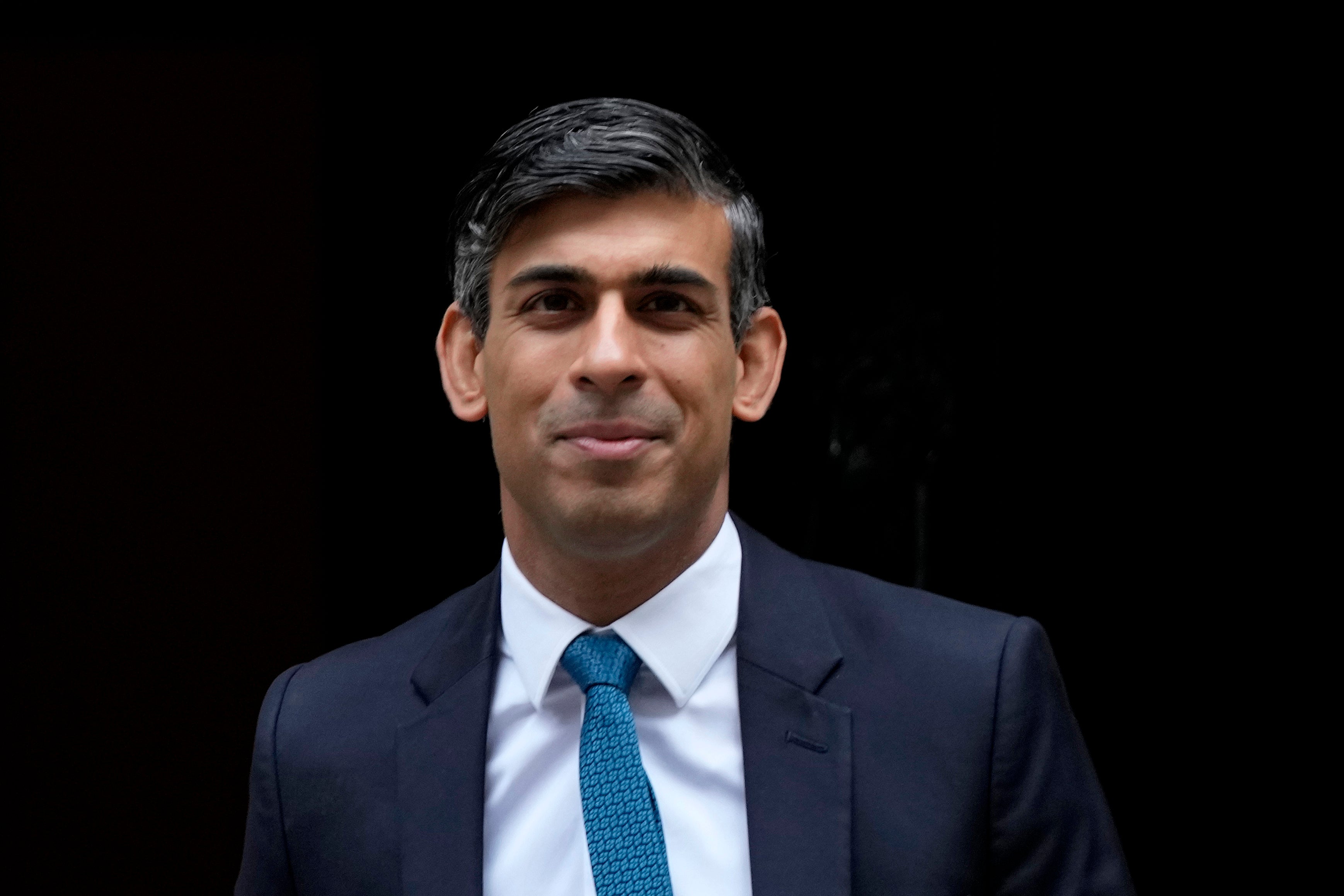Rishi Sunak is becoming a brilliant and articulate exponent of a lost cause
The prime minister tried to be hyper-reasonable and absurdly optimistic in his final radio phone-in before his summer holiday – but not everyone was convinced, writes John Rentoul


The prime minister had obviously learnt from his tetchy clash with a BBC radio presenter on Monday, and came to his longer interrogation by members of the public on Nick Ferrari’s show on LBC determined to be polite, cheerful and thoroughly reasonable.
For more than half an hour, Rishi Sunak gave a sparkling display of the communication skills of which he is fitfully capable. He was slightly condescending to Jack, the first caller, who was worried about his mortgage going up. Sunak explained that banks were required to help customers who find repayments difficult by extending mortgage terms or switching to interest-only mortgages, before Jack revealed that his was already a 35-year mortgage. Not the best start.
But Sunak managed to keep the financial jargon to a minimum (talking of when Jack’s mortgage “comes up for repricing”) and turned his replies effortlessly to the fundamental argument that “the best way to help is to bring inflation down”.
And he slightly overdid the self-confidence by saying: “You’ve got to trust me. You’ve seen me during the pandemic. I know how to manage the economy.” But given that most people do remember his bold, reassuring competence during the pandemic, he may take the view that if he doesn’t blow his own trumpet, no one else will.
He dealt easily with Jo, a small business owner from his own constituency of Richmond, Yorkshire, by making it clear that he had clashed with her before: “She was very upset that I supported Brexit, but I don’t think that’s the reason businesses are struggling – that is more to do with energy costs.”
He also disarmed Sarah, who thought he was hypocritical to be issuing oil and gas licences while claiming to be committed to net zero, by repeating an argument that the green wings of both main parties have yet to get to grips with. Even in 2050, when Britain is planning to be carbon neutral, “a quarter of our energy will still come from fossil fuels”, he said. It would be better for that quarter to come from here at home, he added, citing Vladimir Putin and British jobs as reasons.
This is a point that has been overlooked in much of the net zero debate so far, and it relies on some heroic assumptions about the technology of carbon capture, which allows gas to be burnt and the CO2 to be trapped and stored. But Sunak, a ferociously well-briefed technocrat, knew he was on strong ground, and sounded comfortable saying that he would explain it to his two daughters in the same terms.
He had a harder time with Olivia, a doctor, who accused him of refusing to negotiate. At one point he blamed striking NHS doctors and nurses for pushing up waiting lists.
He then decided to say he was “very grateful and respectful of the incredible job you do” but asked doctors to “think about accepting” the offer of the pay rise recommended by the independent pay review body. He put the emphasis on the word “independent”, and said that “your union is asking for a 35 per cent pay rise – I don’t think that’s reasonable”.
Most listeners will agree with him, but Olivia had an unanswerable response: “Staff aren’t happy and that’s your fault.”
He could only cling to what he had said earlier, repeating the importance of getting inflation down: “When we do, it will be completely transformational for how people feel about their situation.” He has to hope so because it is the main chance the Conservatives have of avoiding a heavy defeat at the election, but it sounds absurdly optimistic.
The prime minister can’t talk the economy down, obviously. But given the Bank of England is almost certain to raise interest rates yet again tomorrow, the battle against inflation is not one that Sunak is currently winning. To be as optimistic as he is risks sounding delusional and voters won’t thank him for not levelling with them.
The same goes for small boats. Sunak’s least convincing answer came in response to Angela, the last caller, who said that the arrival of economic migrants on small boats was “just not acceptable” and demanded to know: “When will this stop?” He had several answers, including “it can’t be soon enough”, “it won’t be easy”, “let’s take a step back”, “I’m going to throw everything at it”, and “there’s an array of people who want me to fail”.
This last “array” included the Labour Party and “a subset of lawyers”, which sounded like an attempt to deflect from failure, only heightened by the fact that almost at the same time Grant Shapps was on television attempting to reassure voters that a barge to hold asylum seekers is certainly not a “death trap”.
By then, though, Sunak’s interview was coming to an end, and there was just time for the prime minister to inform the nation that he was “very much looking forward” to his first proper summer holiday in three years, in California.
He obviously hopes that things will start to look different when he comes back, and is pinning everything on a continued fall in inflation having a dramatic effect on voters’ views of the government’s economic competence. On today’s showing, he could be a brilliant and articulate exponent of a lost cause.






Join our commenting forum
Join thought-provoking conversations, follow other Independent readers and see their replies
Comments